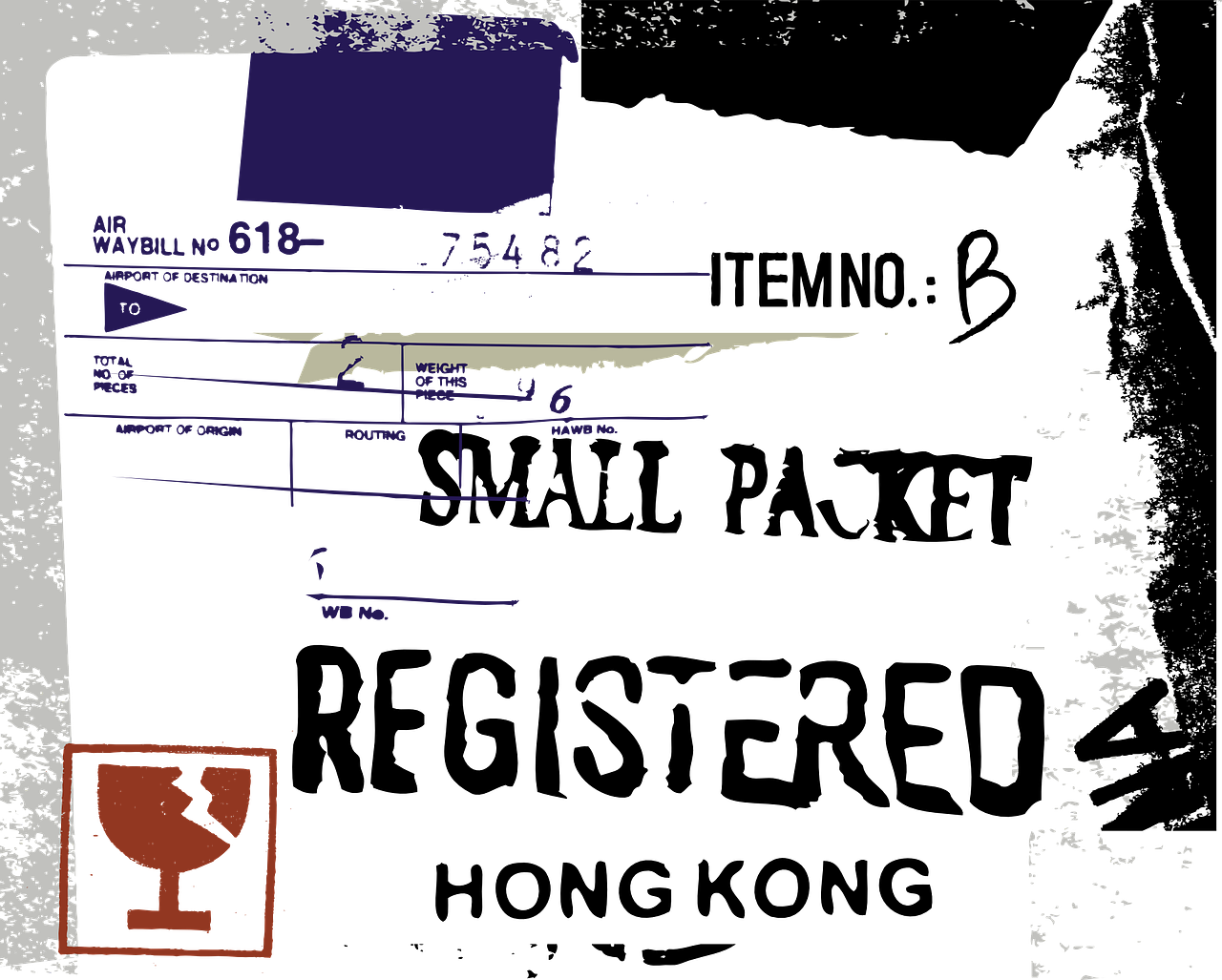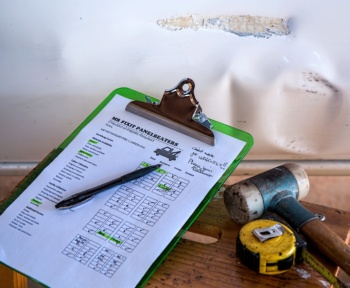A registered bond is a bond of a person that you are legally obligated to pay according to the laws of the state in which you live. In other words the bond can act as a kind of insurance policy against any legal action arising from the bond.
A bond is a bond of a person that you are legally obligated to pay according to the laws of the state in which you live. In other words the bond can act as a kind of insurance policy against any legal action arising from the bond.
A registered bond is a bond of a person that you are legally obligated to pay according to the laws of the state in which you live.In other words the bond can act as a kind of insurance policy against any legal action arising from the bond.
Registered bonds are a way for residents of California and Washington to avoid paying high fines and fees for failing to pay their property taxes, insurance premiums, and other fees. The penalties for failing to pay a registered bond can be as high as $10,000 or more, but there is a way to avoid getting caught for this reason. If you are in California or Washington you can mail in your bond to a local county office.
They will process it in a matter of days, and at that point you would be liable for the bond if you are not a resident of California or Washington. If you live outside of those states and in another state they will only process the bond if they can prove you are not in the state in which the bond was mailed.
You can send a bond to anyone you register your bond in California and Washington. That would be fine, but for a couple of hundred dollars, you would have to pay for a couple thousand miles of miles of highway. What’s needed is to be able to mail the bond back to the address you registered on the bond with the county.
I am glad to see that the registration process doesn’t require you to be in one state or another. I have a friend who lives in Alaska and he registers his bonds here, but not in the state he lives in. The only way to get his bond back from Alaska is to show up for a court hearing and prove to the judge that you live in the state in which the bond was mailed. If you don’t live in that state, you don’t have to worry about the process.
While states vary in how they handle the registration process, they also vary in how long it takes to process the application. The biggest challenge is proving you live in the state you registered in. A friend of mine who lives in Alaska tells me it takes him about two months just to get a court hearing.
That’s pretty cool and I can see why it worked. The Alaska bond is a good example of what a good (and non-copyrighted) system would look like. A bond is actually a promise to pay people money by the end of the year. So if you get a bond you will have to pay it back in one year.
A little while ago I was talking with an attorney who told me that when it comes to bonds you can’t get around the state lines issue. The state of the bond is the only thing that matters, it’s the reason why you’re applying for the bond in the first place.


